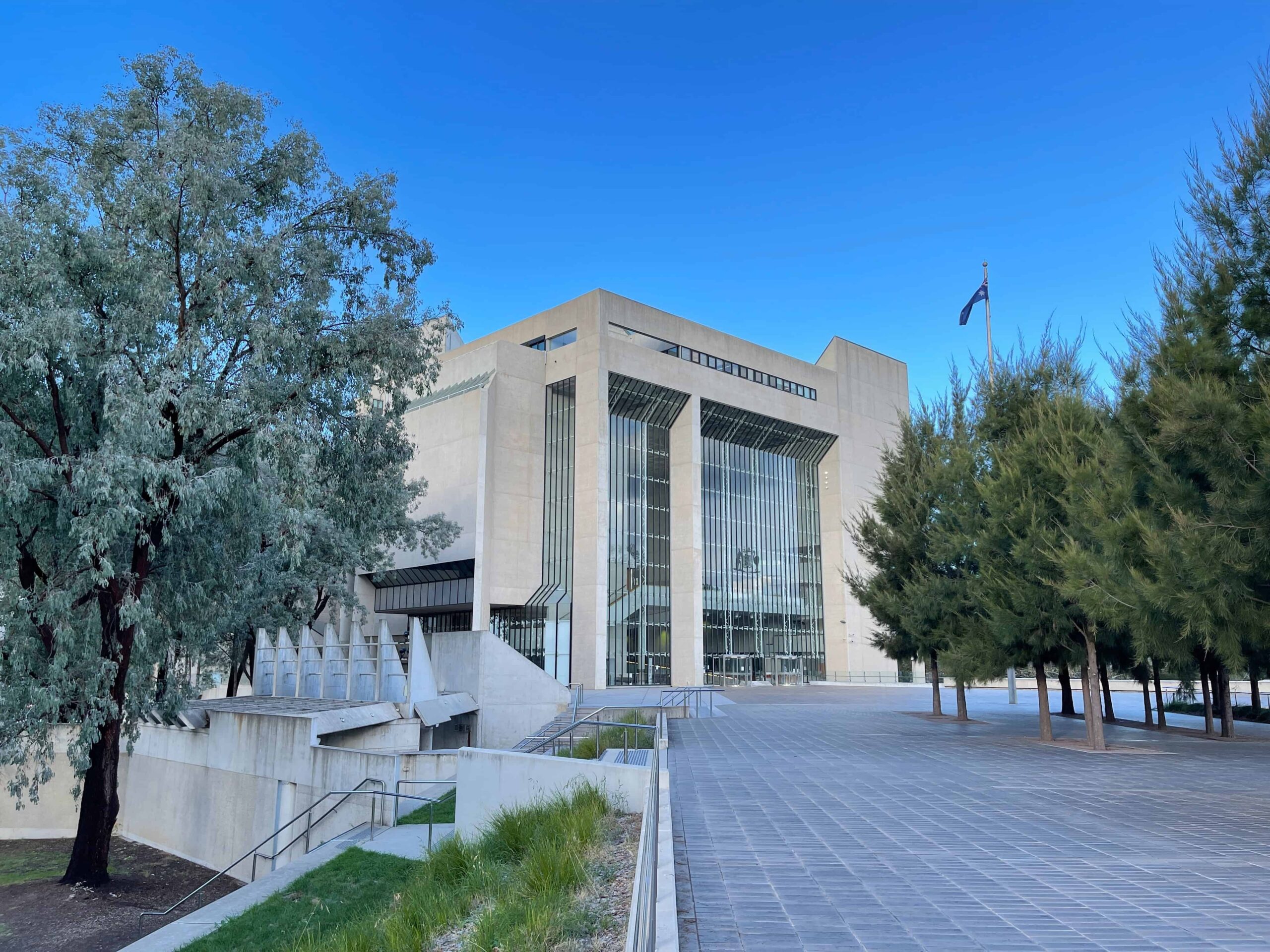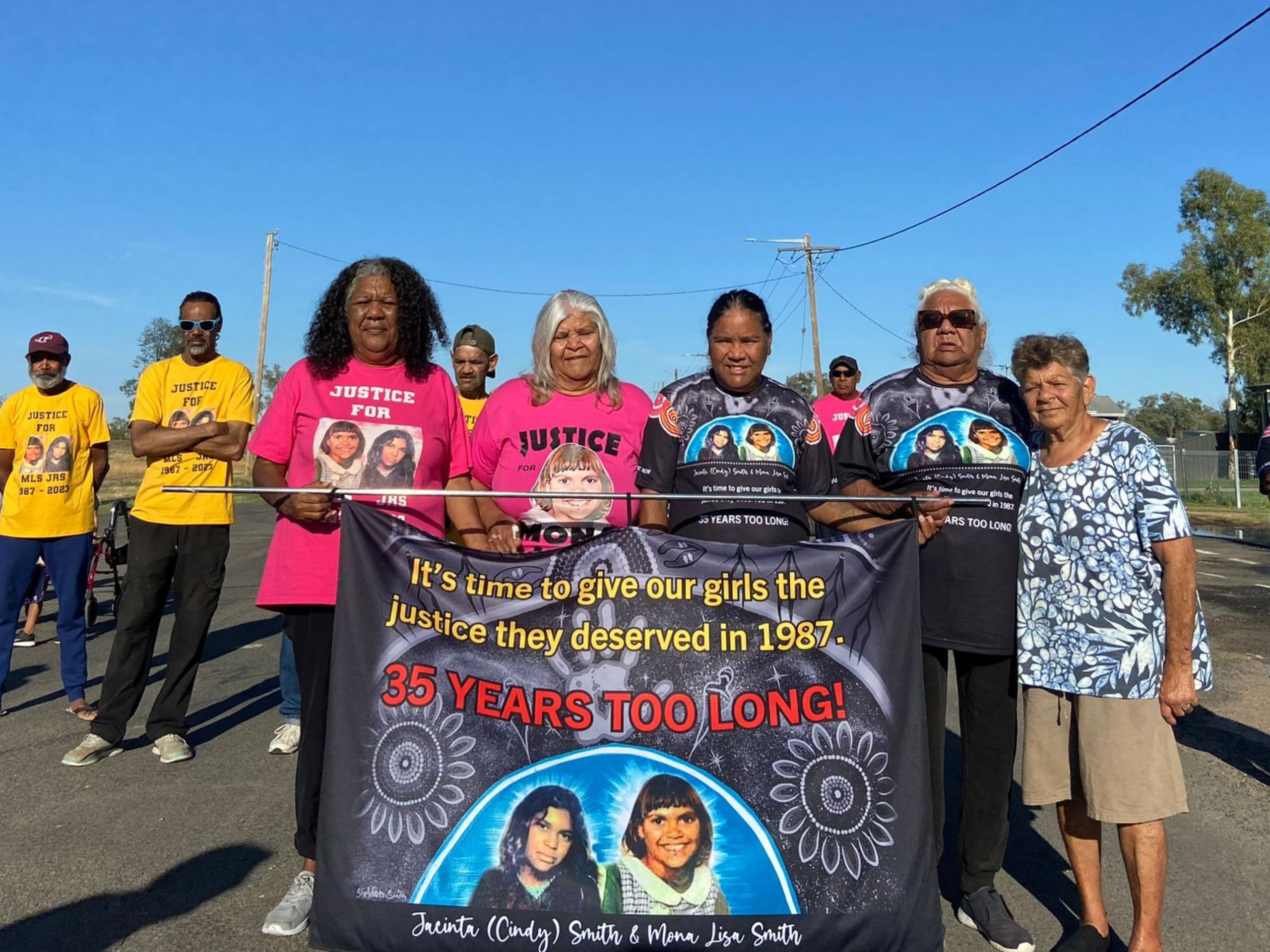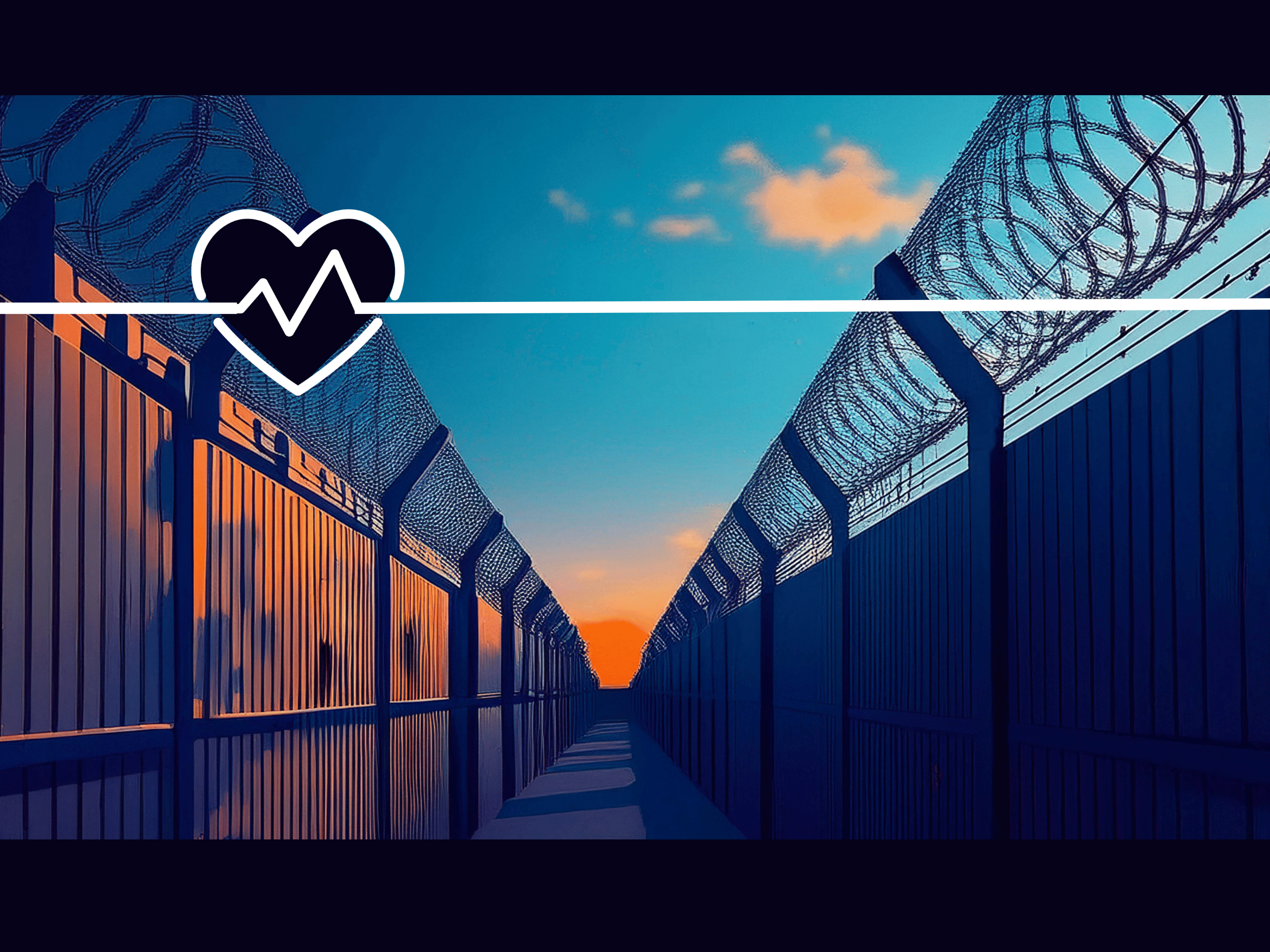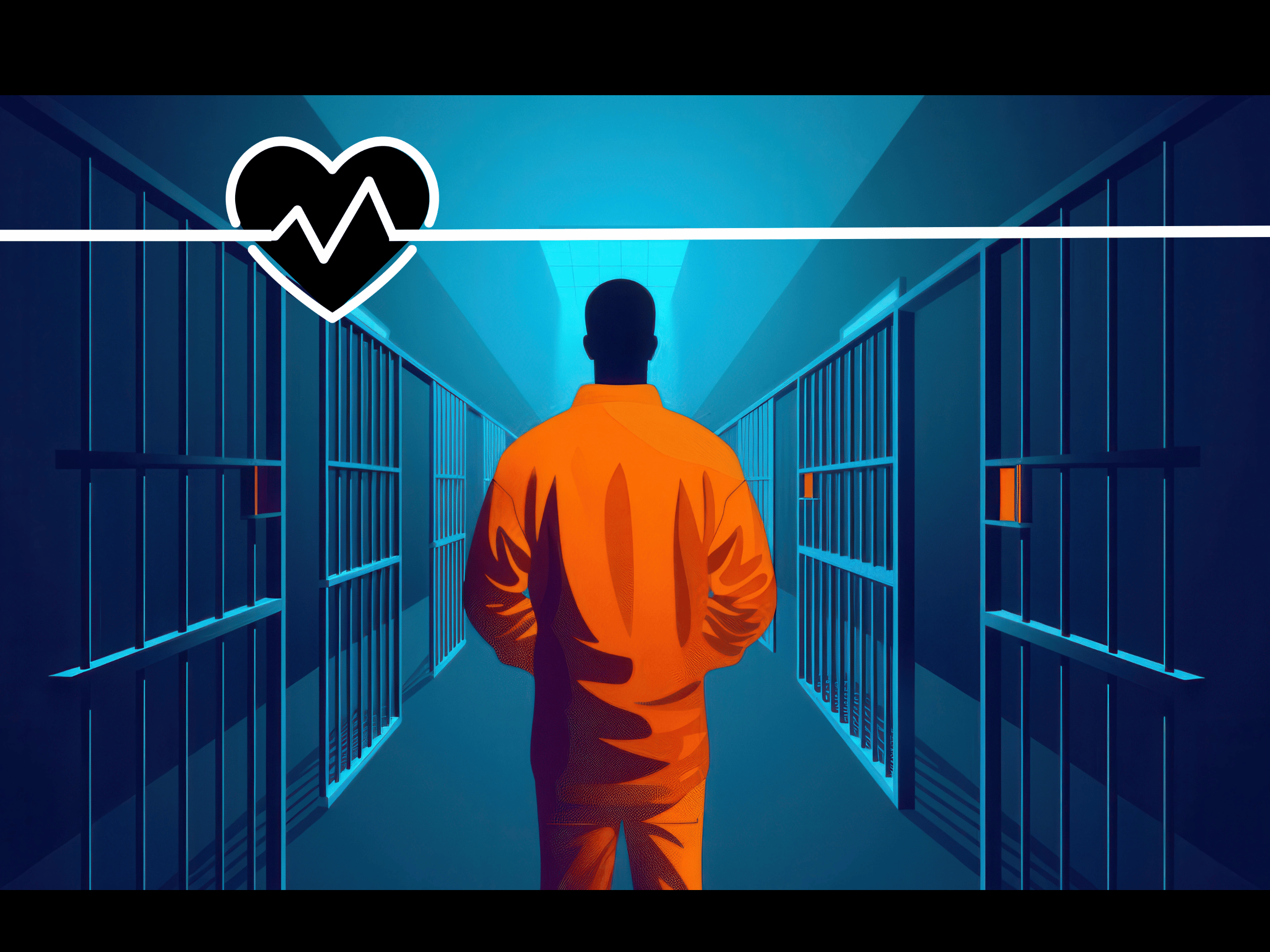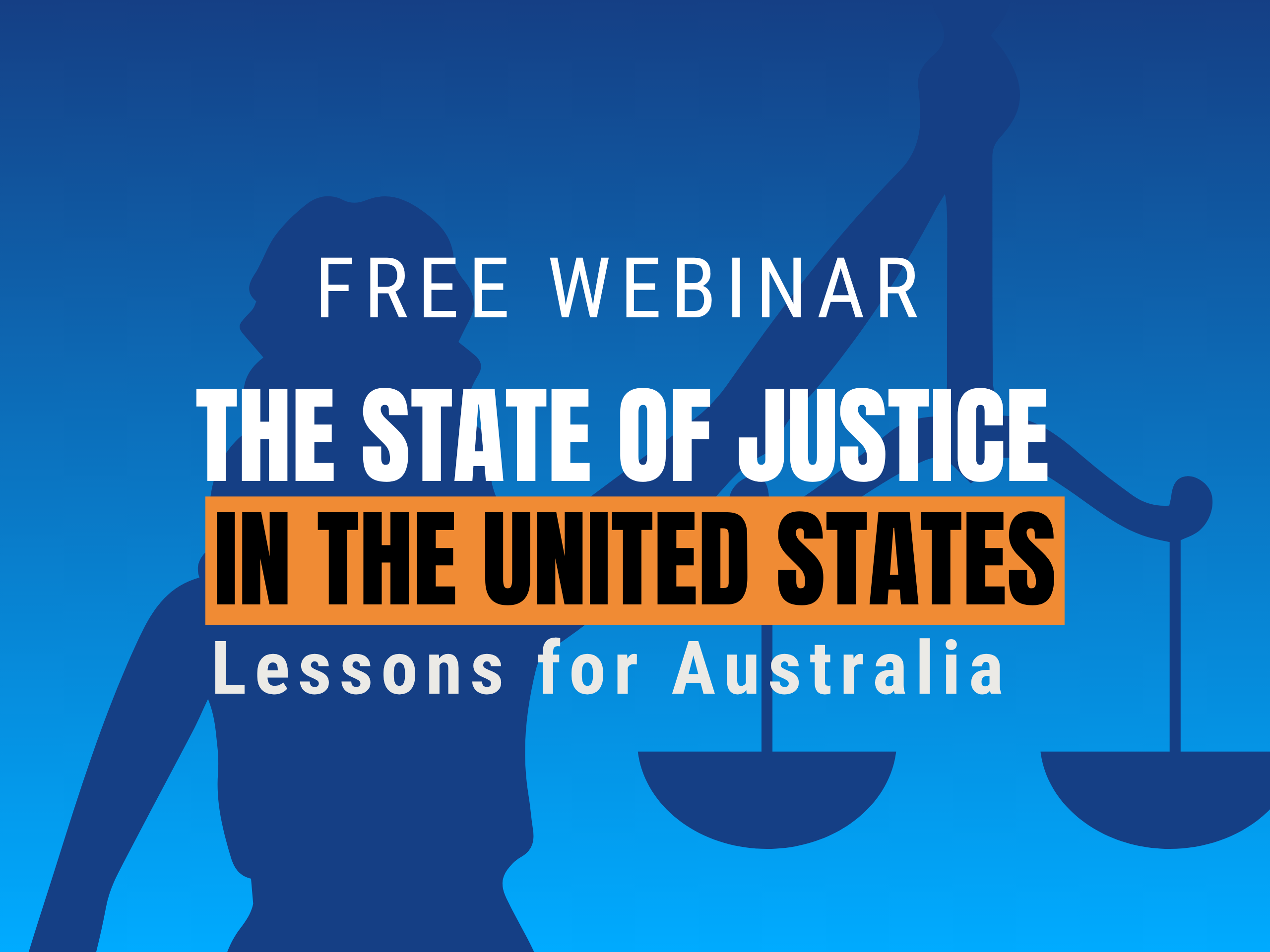Content Warning: Aboriginal and Torres Strait Islander readers are advised this story contains the names of First Nations people who have passed away.
If someone has already been punished for a crime, they deserve a second chance to rebuild their life in their community. But in recent years, state governments have been using special powers like the WA High-Risk Serious Offenders Act to keep people locked up or under control, even when they have done their time.
Here, we examine the impact of this cruel policy on Indigenous people in the WA criminal justice system.
What is the WA High-Risk Serious Offenders Act?
The WA High-Risk Serious Offenders Act gives extraordinary powers to the government to restrict the freedom of people who have already served a sentence for a crime they committed.
These restrictions include curfews, 24-hour monitoring, travel bans, tracking bracelets, and geographical limits to their movements. It could mean that a person is kept in prison long after their sentence has expired, even indefinitely.
Laws like the High-Risk Serious Offenders Act were originally designed to target terrorists and sex-offenders, not people convicted of robbery and assault. But in WA, around 70% of prisoners are at risk of additional punishment, even after they have completed their sentence.
What happened in Garlett v WA?
In September, the High Court delivered its decision on the case of Garlett v the State of Western Australia. In that case, a 28-year-old Noongar man known as Mr Garlett challenged the restrictions imposed on him under the High-Risk Serious Offenders Act.
Despite having already served his sentence, the WA Government continued to punish Mr Garlett with curfews, 24-hour monitoring, and geographical limits.
Mr Garlett appealed to the High Court arguing that the High-Risk Serious Offenders Act was unconstitutional because it breached the separation of powers by compromising the independence of the courts.
In a disappointing result, the High Court decided that the WA Government can continue to impose harsh restrictions on offenders who’ve served their sentence. The High Court reasoned that the courts still have discretion about whether to restrict the liberty of a person, independently of government.
How does this law impact Indigenous people?
The decision entrenches discrimination against Indigenous people in the WA criminal justice system, because the High-Risk Serious Offenders Act disproportionately impacts Aboriginal people, who make up 40% of prisoners in WA, despite representing 4% of the population.
The High-Risk Serious Offenders Act is discriminatory because it requires prior imprisonment, convictions, and social disadvantage to all be considered when deciding whether to indefinitely detain a person or restrict their freedom.
Instead of addressing the incarceration crisis in WA, the High-Risk Serious Offenders Act only makes it worse.
How should governments reform the criminal justice system?
The WA Government must stop weighing people down with a lifetime ball and chain, and instead provide people leaving the criminal justice system with the support they need to integrate back into the community.
Justice reform advocates across Australia have long been calling for systemic changes in our criminal justice system to stop the incarceration crisis. They propose community-led solutions to crime like justice reinvestment to system-wide reforms across prisons, courts, and policing.
What we need is systemic reform, not laws that prevent people from rebuilding their life on the outside. Why continue to punish people if they have already done their time?
